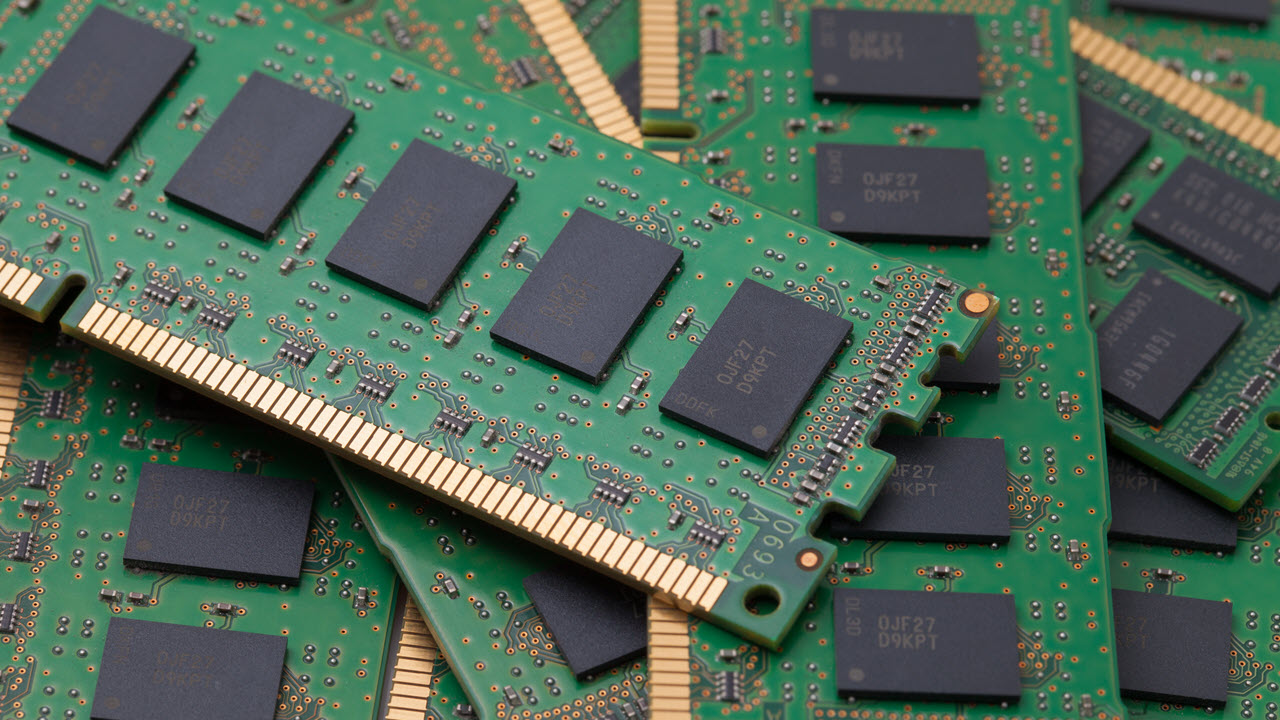Chinese DRAM Maker CXMT Signs Patent Deal With Rambus
ChangXin Memory Technologies (CXMT) announced that it signed a patent license agreement with Rambus to get access to a wide variety of DRAM patents. The details of the deal remain a mystery except that it's a long-term agreement, suggesting it's a cooperation that will last for a few years at the very least.
In a matter of four years, ChangXin Memory Technologies has risen to become China's largest DRAM manufacturer. The chipmaker is a crucial piece in the domestic semiconductor industry as China continues its push for tech self-sufficiency. ChangXin Memory Technologies currently produces DDR4 and LPDDR4X products. However, Rambus' expertise will not only help strengthen but also diversify ChangXin Memory Technologies' intellectual property (IP) portfolio.
Prior to the arrangement with Rambus, ChangXin Memory Technologies signed a patent licensing deal with Polaris Innovations Limited. The contract would allow ChangXin Memory Technologies to tap into DRAM patents developed by Qimonda, which was at one time the second largest DRAM maker in the world.
ChangXin Memory Technologies completed the company's first fab last December. Initial production was estimated at 20,000 wafers a month, but would eventually hit 40,000 wafers by the second quarter of this year. Admittedly, ChangXin Memory Technologies isn't ready to compete on an international level with heavyweights, such as Micron, Samsung or SK Hynix. Nevertheless, the Chinese chipmaker is on the right path.
Get Tom's Hardware's best news and in-depth reviews, straight to your inbox.

Zhiye Liu is a news editor, memory reviewer, and SSD tester at Tom’s Hardware. Although he loves everything that’s hardware, he has a soft spot for CPUs, GPUs, and RAM.
-
deesider Reply
That only applies to selected Chinese companies being blacklisted rather than all Chinese companies.Unolocogringo said:Isn't that against Trumps ban of US technology transfer?
Otherwise it would no longer be be practical to have any modern technology made in China - by either Chinese or American companies.
- What has changed though, is that China has agreed to prevent (discourage?) Chinese companies from forcing technology transfers in manufacturing deals. Previously it was more or less of a requirement that a joint-venture be created wherein ownership of the IP would be shared with the Chinese company that would manufacture the product. This was characterised by some as 'IP theft' and by others as merely a 'sharp' business practice. -
King_V I had no idea that Rambus still existed... I kind of assumed after RDRAM fell to the wayside, and "we tried to sneak our patented technology into open standards" attempts became their business model, that they'd fallen apart.Reply
